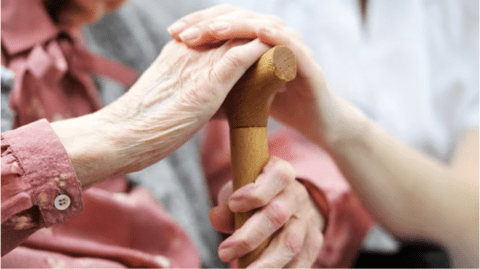Featured on Chatelaine: Is The Oura Ring Actually Worth It?
The Oura Ring is a wearable technology that offers a sleek, screen-free design with strong comfort, long battery life, water resistance, and detailed sleep, recovery, stress, and cycle tracking. It provides rich biometric data, like heart-rate variability, temperature, and blood-oxygen saturation, and translates it into meaningful readiness and sleep insights.
Unlike bulkier smartwatches that people often remove for comfort or style, the Oura Ring is small, discreet, and jewellery-like, making it easy to wear consistently without clashing with outfits.
According to Dr. Plinio Morita, wearables like the Oura Ring can empower people to proactively manage their health by giving them accessible, personal data to guide better wellbeing decisions.
Read the full article here.








